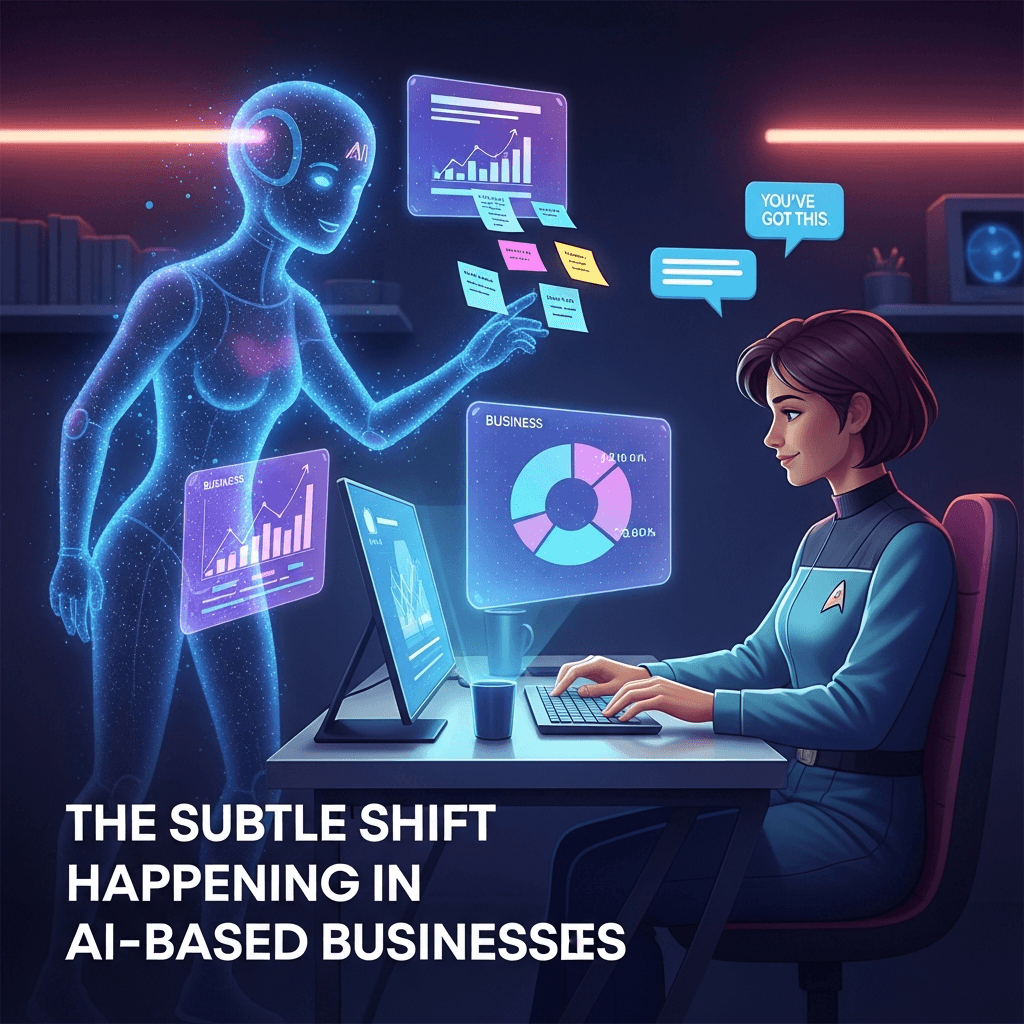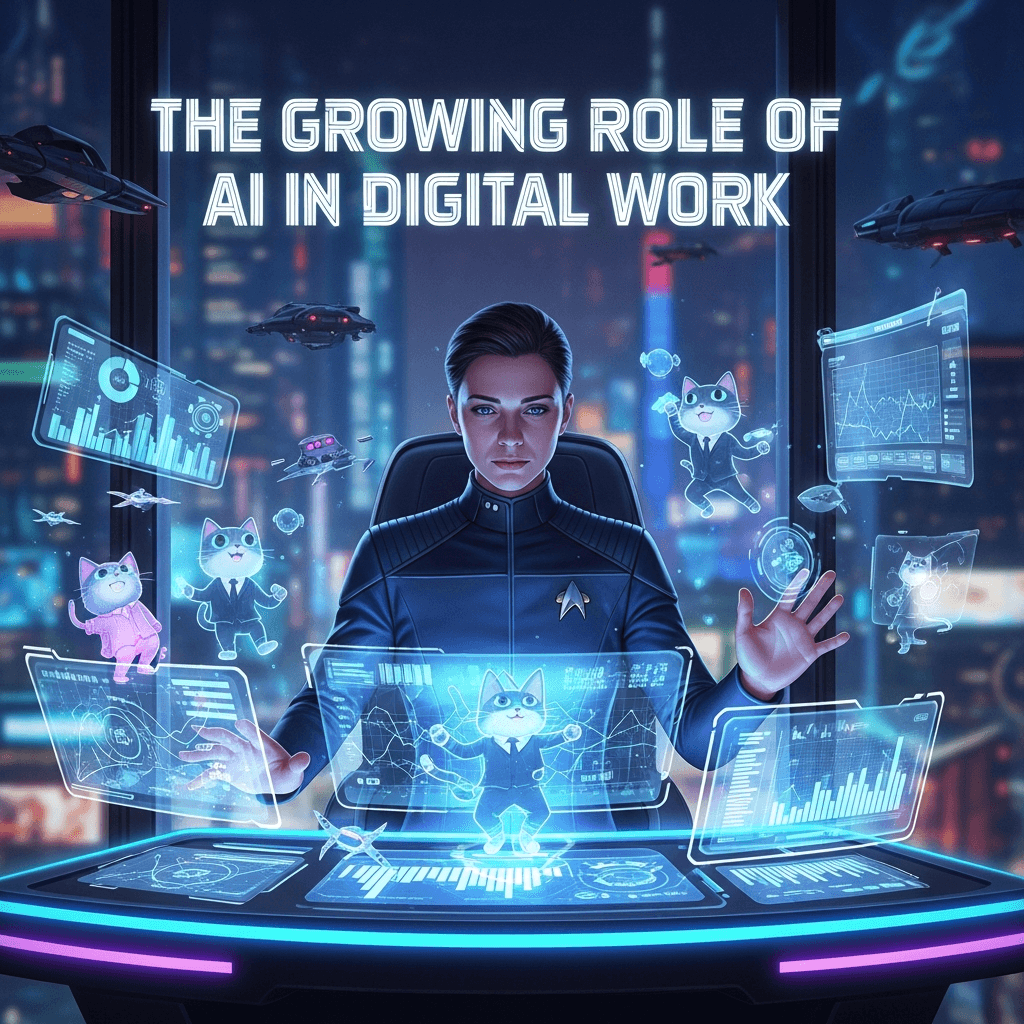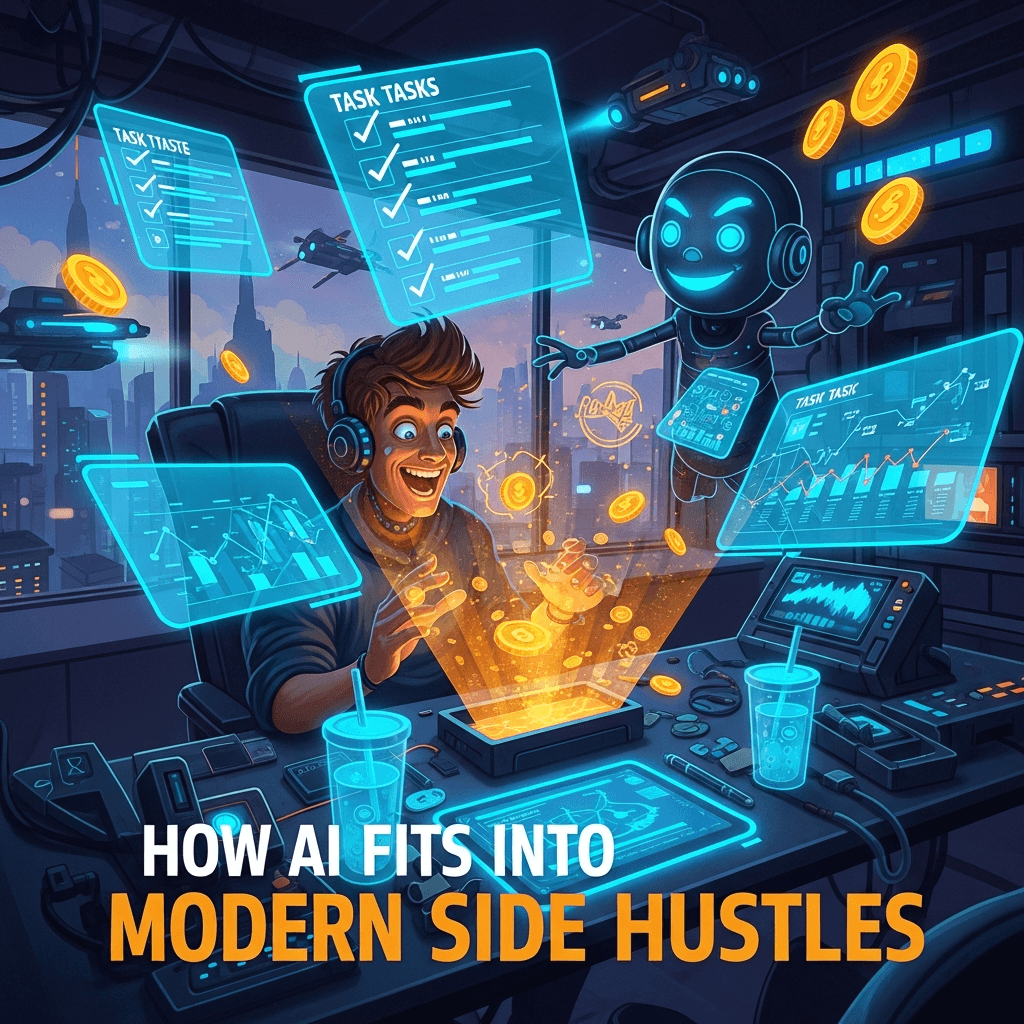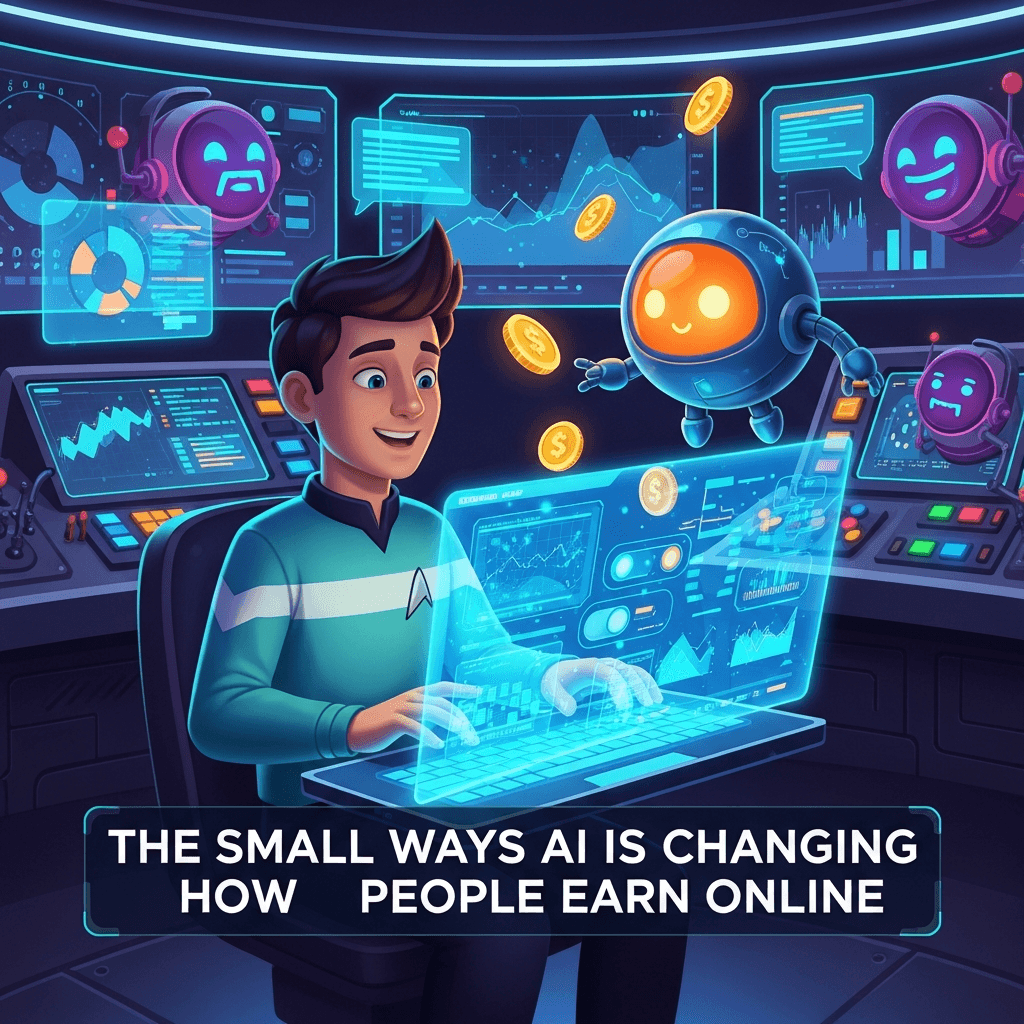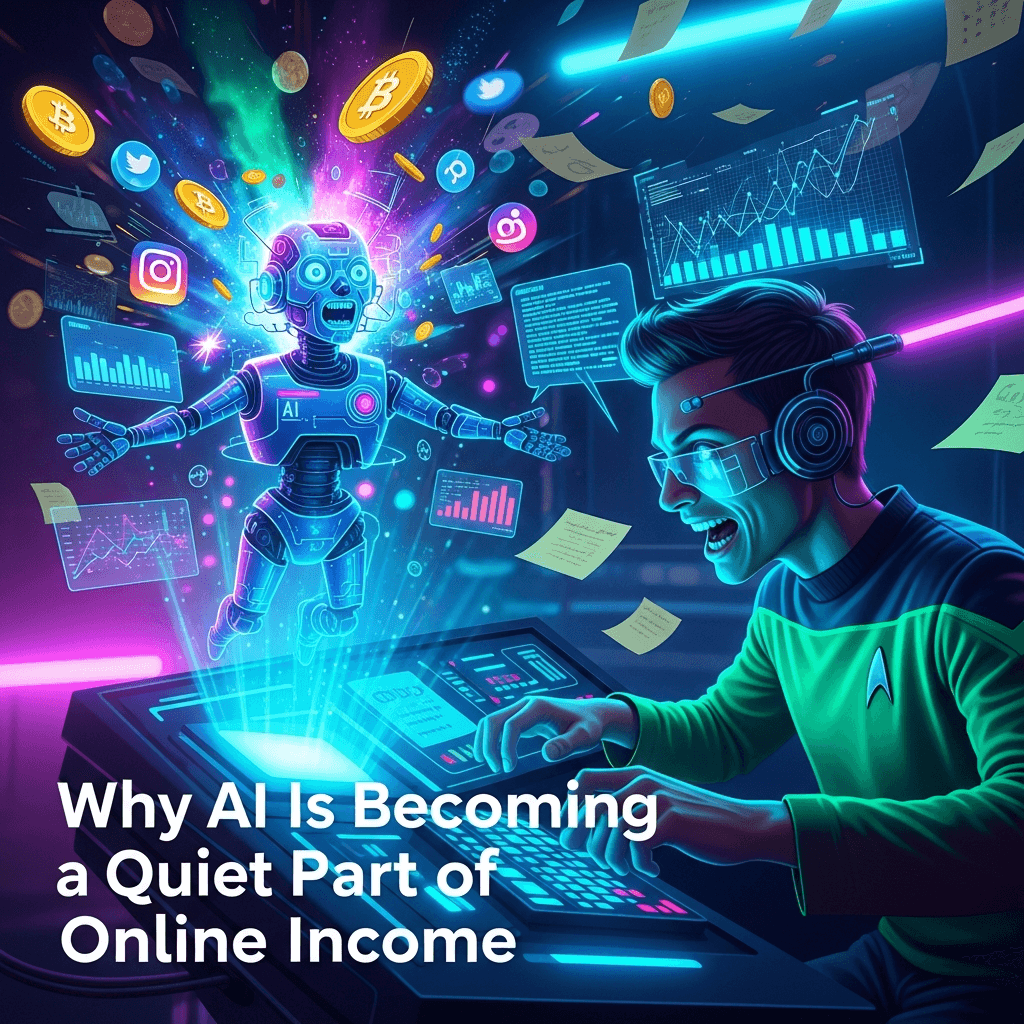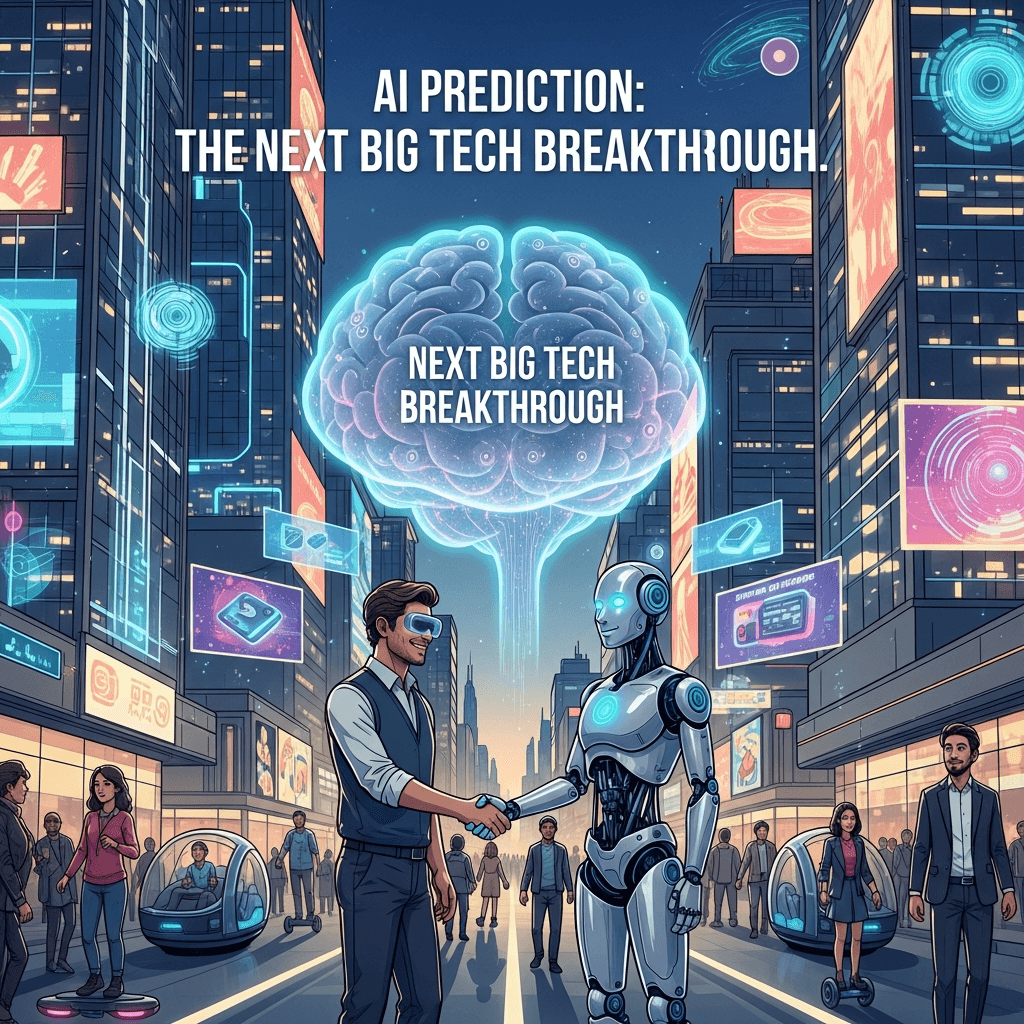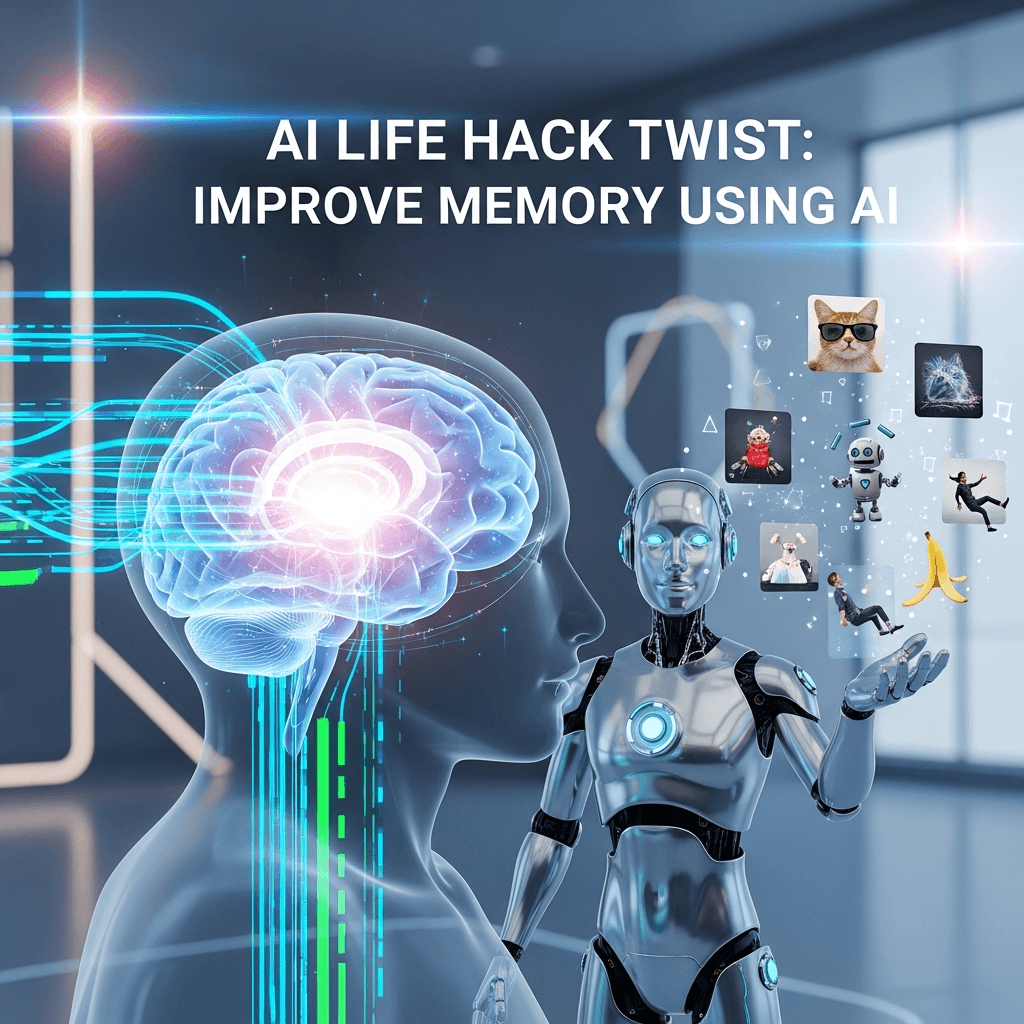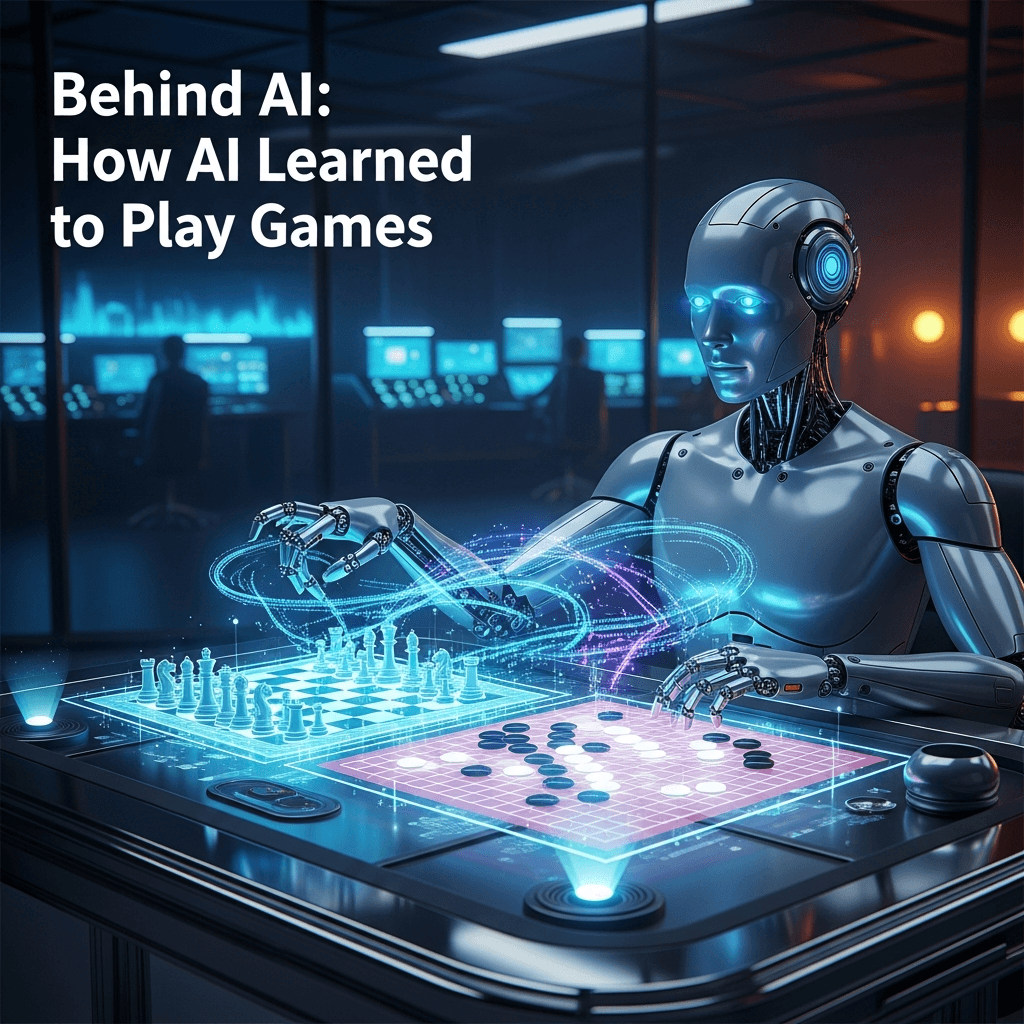AI isn’t just a buzzword—it’s changing the jobs market faster than most people realize. Some careers are evolving, some are disappearing, and new opportunities are popping up every day. In this guide, we’ll uncover what AI really means for your work, show practical ways to adapt, and reveal strategies to stay ahead—all explained in casual, bar-chat style that anyone can follow.
Intro
Picture yourself at a bar, joking with a friend about robots taking over jobs. You laugh… but then you wonder, “Wait, am I next?” AI is already reshaping industries—from marketing to engineering. Let’s talk about what you need to know, without the corporate jargon, like a casual conversation over drinks.
Section 1: Jobs at Risk
- Routine and repetitive tasks are most vulnerable.
- Bar-chat analogy: “Think of AI like a dishwasher in a restaurant—tasks that are boring, repetitive, and easy to automate are gone first.”
- Mini story: “My friend in data entry realized half his tasks were automated within months. Scary, but manageable with the right skills.”
Section 2: Jobs That Can Evolve With AI
- Creative fields, strategic roles, and jobs requiring human judgment benefit from AI augmentation.
- Example: Marketing professionals can use AI to generate ideas faster, but human oversight is still crucial.
Section 3: How to Protect Your Career
- Learn AI tools relevant to your field.
- Upskill in problem-solving, creativity, and decision-making.
- Bar-chat analogy: “Think of AI as your new coworker. Befriend it, learn from it, and let it handle the boring stuff so you shine at the things only humans can do.”
Section 4: Risk / Failure Patterns
- Ignoring AI → skills become outdated.
- Over-reliance on automation → loss of critical thinking.
- Staying reactive instead of proactive → missed opportunities.
Section 5: 7-Day Career Safety Challenge
- Day 1: Identify AI tools in your industry.
- Day 2: Test one tool for a small task.
- Day 3: Take a short online course or tutorial.
- Day 4: Apply AI to improve your workflow.
- Day 5: Discuss AI impacts with colleagues or peers.
- Day 6: Evaluate your current skills against AI trends.
- Day 7: Make a personal action plan to upskill or pivot.
Conclusion
AI isn’t here to replace humans entirely—it’s here to change the game. Stay curious, learn the tools, and leverage AI to make your work smarter. Treat it like a savvy bar buddy: always watch, learn, and adapt to stay ahead.


